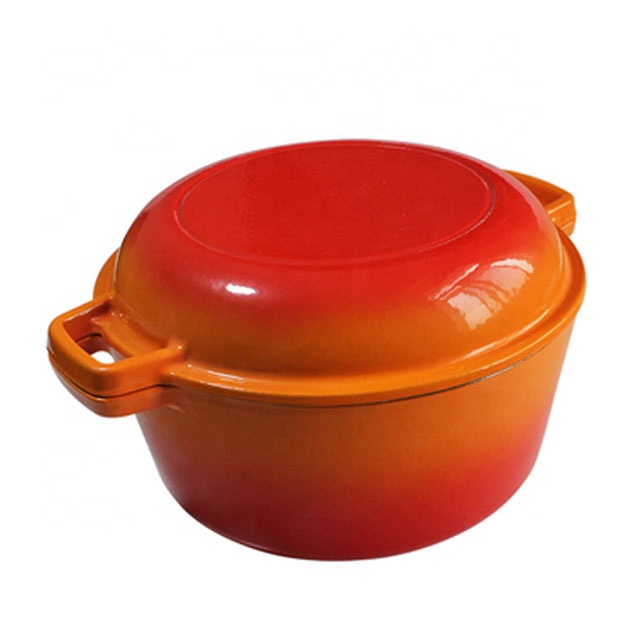Considering the heightened nutritional needs during lactation, many pet owners opt to provide nursing dog vitamins to support their mothers’ health. These supplements are specifically designed to fill any dietary gaps and ensure that the mother dog receives the necessary nutrients in adequate amounts.





